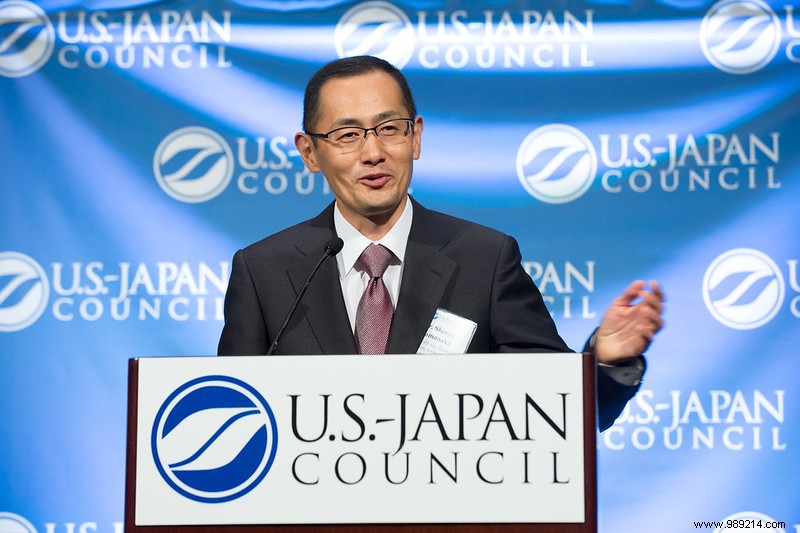The ex-CEO of Amazon is one of the first to invest massively in Altos Labs, a start-up whose objective is less and less science fiction. This bet on regenerative medicine and cellular rejuvenation. Obviously, Jeff Bezos should be one of the first to benefit from the expertise of this company.
In July 2021, Jeff Bezos resigned as CEO of Amazon but remained executive chairman of its board of directors. A few weeks later, Forbes magazine ranks him first in the world fortune with assets at $209.2 billion. It must be said that the interested party also founded Blue Origin, a company specializing in aerospace production and sub-orbital flights. In 2019 during the presentation of the design of his lander, Jeff Bezos unveiled an incredible project :transport 1,000 billion humans in giant ships.
An article published by the MIT Technology Review on September 4, 2021 mentioned Jeff Bezos on a completely different subject. The man is one of the very rich first investors of a start-up bearing the name of Altos Labs. However, the latter – founded by the Russian billionaire Yuri Milner – betting on regenerative medicine and cellular rejuvenation. The objective was to grant very significant funds to a team of renowned researchers, working in particular on cell longevity.

Among these scientists, we find the American biochemist Jennifer Doudna and the French microbiologist Emmanuelle Charpentier who together received the Nobel Prize in Chemistry in 2020 for their work on the Crispr-Cas9 genetic scissors. We should also mention the Japanese doctor Shinya Yamanaka, Nobel Prize for Medicine in 2012 . The latter worked on cell reprogramming. The goal is to allow cells to return to a primitive state and have properties similar to those of stem cells.
This work gives hope of curing certain diseases that are currently incurable and of rejuvenating certain organs , or even the organism as a whole. If Altos Labs was originally a philanthropic project, today's start-up is clearly driven by commercial motivations . Now, there is talk of setting up laboratories in several countries such as the United States, the United Kingdom and Japan.

Obviously, the development of Altos Labs requires the recruitment of ever more high-level scientists. Among them, we have Steve Horvath from the University of California, inventor of the epigenetic clock. The latter makes it possible to know precisely the age of a cell (and its longevity). Let us also mention Peter Walter, from the same university. This molecular biologist is conducting promising research on Alzheimer's disease and cognitive decline. The German biologist Wolf Reik – specialist in reprogramming – is also in the game.
Another new recruit is also getting people talking:Izpisúa Belmonte, from the Salk Institute. In 2019, he used CRISPR-Cas9 genetic scissors to slow aging in mice with progeria. However, the scientist had made more headlines a year earlier with his human-ape embryonic chimeras.
For this myriad of researchers, the promise of huge salaries is obviously enticing. Nevertheless, Altos Labs also ensures optimal research conditions and above all, free. Scientists will have the mission to discover the key allowing the regeneration of whole organs such as the liver, the heart or the skin. Ultimately, it will be a question of offering humans immortality on a platter, at least to those who have the financial means – like Jeff Bezos.